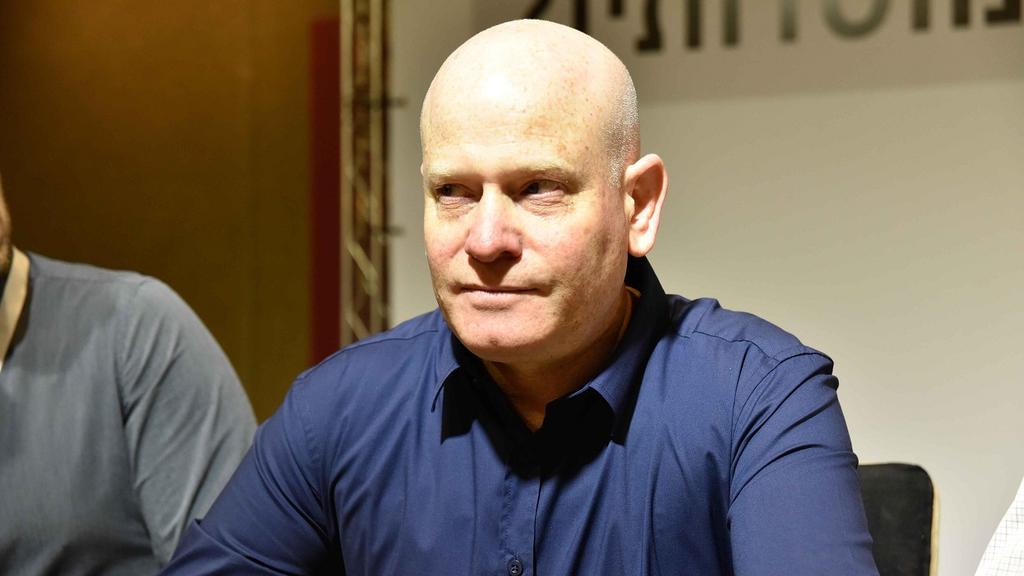Getting your Trinity Audio player ready...
Knesset legal adviser Eyal Yinon was right when he said that Knesset Speaker Yuli Edelstein cannot prevent the formation of a committee to weigh the immunity request by Prime Minister Benjamin Netanyahu, who has been indicted on bribery, fraud and breach of trust charges.
A clear majority of Knesset members want the committee to go ahead and the Knesset speaker cannot stand in the way.
Having said that, Yinon's opinion plays into the hands of those, particularly surrounding the prime minister, who say the legal establishment is hell-bent on removing Netanyahu from power.
This is a bogus claim, but the legal elite is doing very little to counter it.
Yinon was well aware of the Likud contention that the State Prosecutor's Office is out to get the prime minister. He also understands that the claim he does not have an impartial opinion needs no proof in the current climate.
He is also aware that the Supreme Court has ruled in the past that there can be a "conflict of interest," whatever the validity of a legal opinion.
Yinon was adamant in his judgment, even though he was not on entirely firm ground, for three reasons:
Firstly, his opinion was not about exclusively procedural matters.
Secondly, there is an unanswered question regarding the prosecution handling of Netanyahu's cases.
Thirdly, Yinon's wife works for the State Prosecutor's Office and was a senior member of the team considering the charges against the prime minister.
This potential conflict of interest has political implications. The issue of Netanyahu's immunity may end up being decided by the Supreme Court - after examining the very opinion Yinon submitted.
If this happens, the court will either reject Yinon's opinion – thereby boosting Likud's contention that the prime minister has been unfairly treated by the legal establishment - or it will uphold the decision, and apparently confirm Netanyahu's claim that court rulings are based on political leaning.
A recent poll conducted by the Israel Democracy Institute found 34% of Israelis do believe judges hand down rulings according to their own political leanings.
The next time such a poll is conducted, it may show even greater erosion of public faith in the courts.
Why then do members of the legal establishment persist in weakening public opinion of this important institution?




